
* BUMP for new eyes. I first published this post back in 2012, but it's still VERY relevant today. Please have a read! *
While we all love a good freebie, there are some nasty people out there who might try to take advantage of that fact. Some scammers may set up fake freebie websites in order to get hold of your personal information for nefarious purposes! By educating yourself a little bit in how to spot fake freebie websites, you can minimise your chances of anything bad happening with your personal data. Our Canadian freebies section is getting busier and busier, so it's worth knowing what to look for.
Pagedesign - Basically, does the website look a bit crap? It can be the first sign of a fake freebie site that has been thrown together just for the purpose of data gathering. A genuine site tends to have a well polished finish, no broken links, well laid out.
Check the domain - If you see a freebie from a specific company, look at the name of the site in the address bar. Have you ever heard of it before? Is it trying to copy the domain name of a well-known site, by using periods or hyphens, to try and make you think it's somewhere else? A general rule is that if a site has the word free in it, it's probably not a legit freebie - it's been set up solely for the purpose of advertising something free.
Navigation - Is it single page website with no other purpose whatsoever? This is generally a sign that something could be a fake freebie website. Most websites have a purpose other than the freebie. Navigate to the root domain and see if there is anything there. For example, if the freebie is hosted on a page like this: www.example.com/freebies, manually go to the www.example.com and see what's there. If it is a blank page or a holding, page, it's likely dodgy. Click all the other links on the page too - does it have a valid contact us page? Is the info there legitimate? If a company address is shown, put the address in to google maps and see if it exists.
Whois - You can see who a website is registered to by pasting the URL into Domaintools. You can see who the site is registered too, and how long it has existed. If a site has only just recently been created, I would be very wary of giving it my personal details. However, in saying that, some large companies sometimes set up a new domain just for a special deal - just be savvy and do your research.
Google - Have a google search for keywords about the freebie and see if anyone claims to have received it in the past. E.g. If the deal is for free red widgets from redwidget.com, do a google search for "received freebie from redwidget.com" or something along those lines. Have a read of as many sites as you can to check multiple sources, in case the positive comments have been seeded there by the freebie givers. Using the information you find, you can judge whether or not you think it is a fake freebie website.
Protect yourself - Use a secondary email solely for signing up for this kind of thing. Then, when it gets added to mailing lists, and spammed by viagra sellers, it won't matter too much. Never use your primary email address for this kind of thing - much better to use a throwaway account from the likes of yahoo or gmail.
Unique Passwords - if the freebie site requires you to make an account, be extra careful with your passwords. You should never use the same password for all sites that you visit. If your password is stolen from one, then they've got access to absoltely everything. This is a general rule for any account your create though, not just for freebies. I recommend using a password storage tool, I use Roboform, but there are a few other choices. It can generate unique passwords for each site I use (like this DxIaFdsyisPnO04), and saves them securely. Then when I want to access the site again, I make 1 click on the Roboform toolbar.
PO Box - If you want to do something a bit more to protect yourself, you could even set up a PO Box that you use for this kind of thing. You can use that address just for freebies, contests, or any company promotional activities. That way, your home address and details would have an extra level of protection, making things a little safer.
Do you have any other tips for how to spot fake freebies and protect yourself from the scammers?



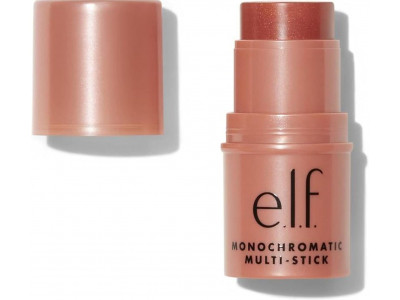
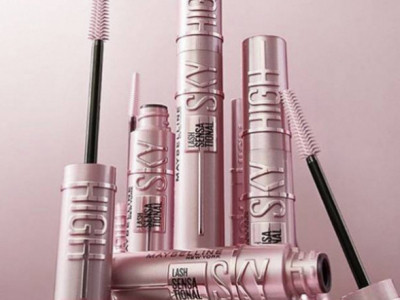

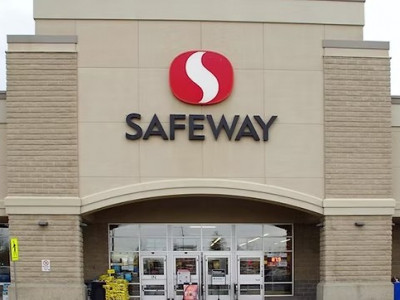
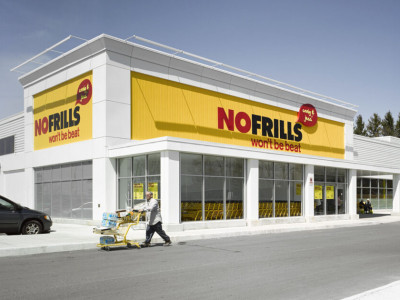


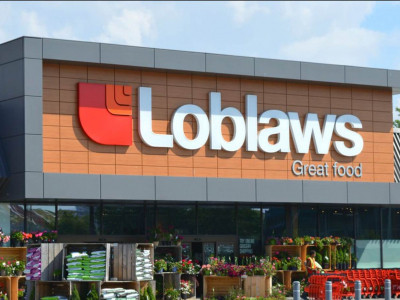
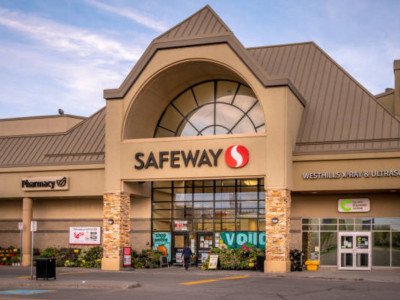



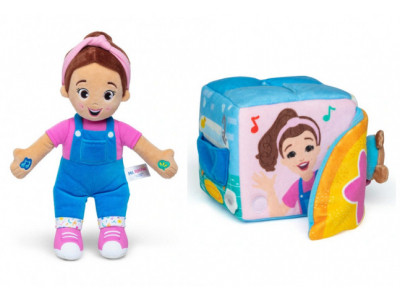

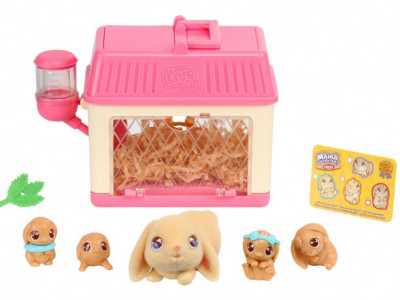
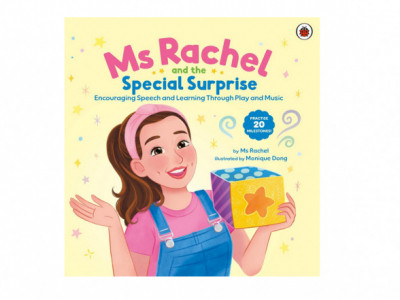



Comments